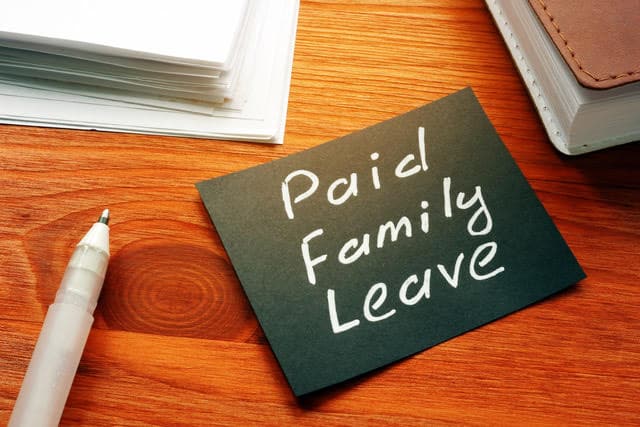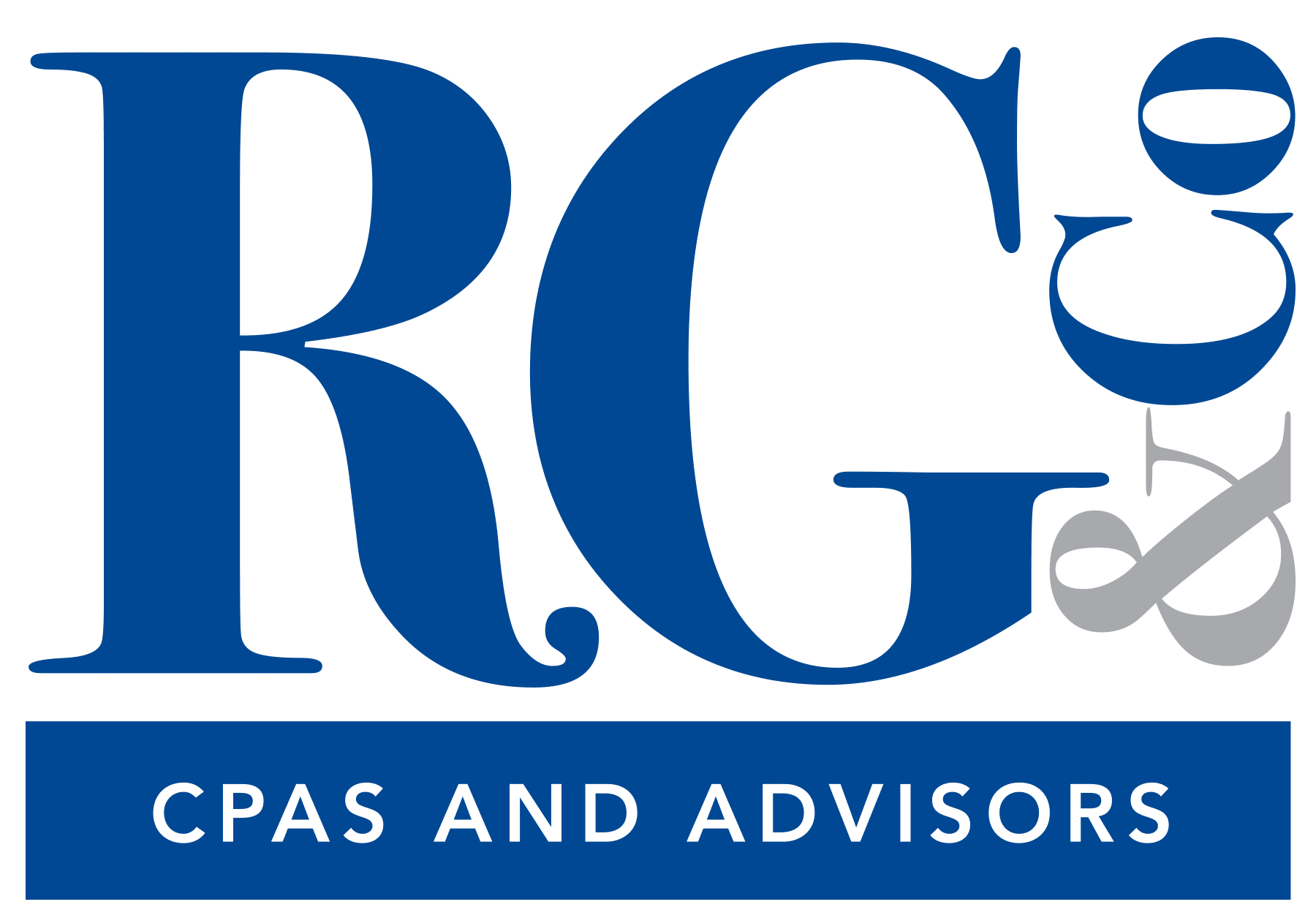- March 27, 2020
- Posted by: Rivero, Gordimer & Company
- Categories: Business Advice, Featured

On March 18, 2020, President Trump signed the Families First Coronavirus Response Act (FFCRA). Employers with fewer than 500 employees will be required to provide emergency paid sick leave and family leave to employees affected by COVID-19. The new law is effective April 1, 2020 through December 31, 2020. Exemptions are available for small businesses with less than 50 employees if compliance would jeopardize the viability of the business as a going concern.
Emergency Family and Medical Leave Act (Emergency FMLA Act)
Employers must provide 12 weeks of job-protected FMLA leave for employees to care for their children because school or childcare facilities are closed. The first 10 days may be unpaid and employees may use accrued paid personal or sick time. After 10 days, employees will be paid two-thirds of their regular rate, up to $200 per day and $10,000 in total for all 12 weeks.
Emergency Paid Sick Leave Act
Employers with fewer than 500 employees must provide paid sick time to employees unable to work for one of the following reasons:
- Employee is subject to government-ordered quarantine or isolation
- Employee is advised to self-quarantine by a health care provider
- Employee is experiencing symptoms of COVID-19 and seeking medical diagnosis
- Employee is caring for an individual subject to quarantine order or advice as in 1. or 2. above
- Employee is caring for his or her child whose school or place of care is closed (or child care provider is unavailable) due to COVID-19 related reasons; or
- Employee is experiencing any other substantially-similar condition specified by the U.S. Department of Health and Human Services.
Employees unable to work due to reasons 1-3 will be paid their regular hourly rate, up to $511 per day ($5,110 total). Those unable to work due to reasons 4-6 will be paid 2/3 of their regular rate, up to $200 per day ($2,000 total).
Full-time employees will receive up to 80 hours of paid sick time. Part-time employees will receive an average of their normal hours they would receive in a two-week period. The paid sick time is in addition to any other paid sick time already offered by the employer. This law prohibits employers from requiring an employee to use other paid leave before using the sick leave provided under this law.
Payroll Tax Credits
Employers who pay sick leave wages required by FFCRA are entitled to a payroll tax credit. The credit is equal to 100% of eligible wages paid, up to $511 per day for reasons 1-3 listed above and up to $200 per day for reasons 4-6 above. The maximum credit per employee is $10,000. The credit is first used to offset the Employer portion of the Social Security tax. Any excess credit is refundable. Sick leave pay is exempt from the 6.2% Social Security tax but employers must still pay the 1.45% Medicare tax. Employers can include this Medicare cost and healthcare cost (as defined by FFCRA) in the wages reported to claim the payroll tax credit. Employers must increase their gross income by the amount of the credit to prevent giving a double tax benefit by taking a tax deduction and a tax credit for the wages paid. Self-employed individuals are eligible for a refundable credit against income tax for qualified family leave equivalent amounts. It is important to note that small businesses who claim an exemption from paid leave requirements will not be entitled to claim the payroll tax credit.

